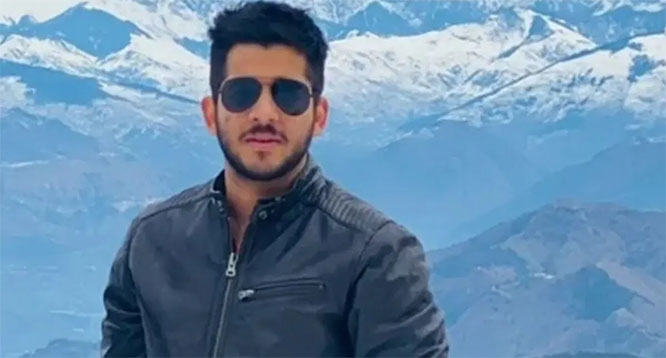Washington, Feb 13: If you don't get enough sleep, you might just start forgetting things. Sleep deprivation can interfere with the process that helps reinforce our memories, a new study has found.

The researchers also report they have discovered several important molecules that govern the recalibration process, as well as evidence that sleep deprivation, sleep disorders and sleeping pills can interfere with the process.
“Our findings solidly advance the idea that the mouse and presumably the human brain can only store so much information before it needs to recalibrate,” said Graham Diering from Johns Hopkins University.
“Without sleep and the recalibration that goes on during sleep, memories are in danger of being lost,” said Diering.
Diering said that current scientific understanding of learning suggests that information is “contained” in synapses, the connections among neurons through which they communicate.
On the “sending side” of a synapse, signalling molecules called neurotransmitters are released by a brain cell as it “fires”; on the “receiving side,” those molecules are captured by receptor proteins, which pass the “message” along.
If a cell receives enough input through its synapses, it fires off its own neurotransmitters.
More specifically, experiments in animals have shown that the synapses on the receiving neuron can be toggled by adding or removing receptor proteins, thereby strengthening or weakening them and allowing the receiving neuron to receive more or less input from nearby signalling neurons.
When neurons are “maxed out” and constantly firing, they lose their capacity to convey information, stymying learning and memory. One possible reason that neurons do not usually max out is a process that has been well-studied in lab-grown neurons but not in living animals, asleep or awake.
Known as homeostatic scaling down, it is a process that uniformly weakens synapses in a neural network by a small percentage, leaving their relative strengths intact and allowing learning and memory formation to continue.
To find out if the process does occur in sleeping mammals, Diering focused on the areas of the mouse brain responsible for learning and memory: the hippocampus and the cortex.
He purified proteins from receiving synapses in sleeping and awake mice, looking for the same changes seen in lab-grown cells during scaling down.
Results showed a 20% drop in receptor protein levels in sleeping mice, indicating an overall weakening of their synapses, compared to mice that were awake.
The study appears in the journal Science.







Comments
Add new comment